Ontario announces new mental health workers for troubled Pikangikum First Nation
Ontario Health Minister Eric Hoskins is announcing funding for 20 full-time mental health workers for Pikangikum First Nation, a remote community struggling with a suicide crisis and pressing mental health needs from about 380 people seeking counselling.
The Canadian Press
OTTAWA — Ontario Health Minister Eric Hoskins is announcing funding for 20 full-time mental health workers for Pikangikum First Nation, a remote community struggling with a suicide crisis and pressing mental health needs from about 380 people seeking counselling.
The mental health workers will be going to the reserve, located near the Ontario and Manitoba border, immediately at a cost of about $1.6 million dollars, Hoskins said.
“This can’t be an issue of jurisdiction,” Hoskins said in an interview with The Canadian Press.
“We heard directly from the chief … as well as others that the situation on the ground in Pikangikum, just how grave it is and the need for trauma counselling as well as broader mental health supports for children and youth at risk.”
There are eight mental health workers on the ground at the moment jointly funded by the province and the federal government, he said.
Pikangikum has had a long-standing battle with suicide; at least four young people have taken their lives in the remote community recently.
Ontario is also announcing what it calls a new Indigenous youth and community wellness secretariat designed to coordinate and speed up government efforts while it also works with Indigenous partners and Ottawa, Hoskins said.
“It will become, essentially, a one-stop shop for … our Indigenous partners if a response is required or if there is a circumstance that requires an urgent response,” he said.
“We expect next week it will start … It will be a full-time secretariat to almost fast-track key files whether it is in health or education.”
Hoskins’ announcements come as he prepares to meet Monday in Ottawa with federal Health Minister Jane Philpott and Nishnawbe Aski Nation Grand Chief Alvin Fiddler _ the head of an umbrella organization representing 49 communities in northern Ontario.
The group is expected to sign a charter of principles aiming to transform the health care system for First Nations.
Philpott and Hoskins have both agreed profound change will be required to end the suicide crisis _ although Indigenous health experts want to see concrete commitments out of Monday’s meeting, including more control at the level of First Nations.
Dr. Michael Kirlew, a physician based in Sioux Lookout, Ont., believes the Indigenous youth suicide crisis in northern Ontario and elsewhere will not be addressed unless there is a fundamental rethink of the way care is delivered on reserves.
“The health-care system … First Nations people receive is not equal,” he said, noting Canada has grown accustomed to witnessing this injustice.
“It is inferior … It is not equitable. The children, whether they are in Pikangikum, Summer Beaver, Wapekeka, they do not have access to mental health services they need, period.”
Indigenous health has been focused on measuring the number of dollars spent as opposed to health outcomes, added Dr. Alika Lafontaine, the past president of the Indigenous Physicians Association of Canada.
That needs to change, he said.
“When you’re talking about health transformation, what you’re really looking at is changing the intent of the system to achieve a different outcome,” he said.
“In Indigenous health, what you’re trying to do is create an outcome that’s different than our colonial outcome which was extinguishing the rights of Indigenous people through land and resources.”
Bob Nault, a Liberal MP who represents an Ontario riding that encompasses reserves including Pikangikum, agrees the health care system as it stands now is not capable of producing sustainable, long-term results.
He said he has been witnessing the same problem for the past 30 years, including as a former Indigenous affairs minister under former prime minister Jean Chretien.
“We can’t keep doing the same thing over and over again and put a little Band-Aid on it and say ‘we’re doing it differently’,” he said. “We are not doing it differently so far, that I’ve seen.”
Communities have already put forward transformation proposals, Kirlew added.
“Communities know what is going to work for them,” he said. “Why can’t we help support those plans?’
Contact APTN National News here: [email protected]




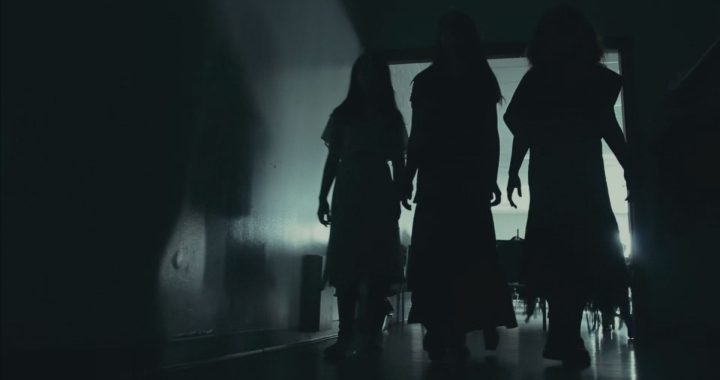

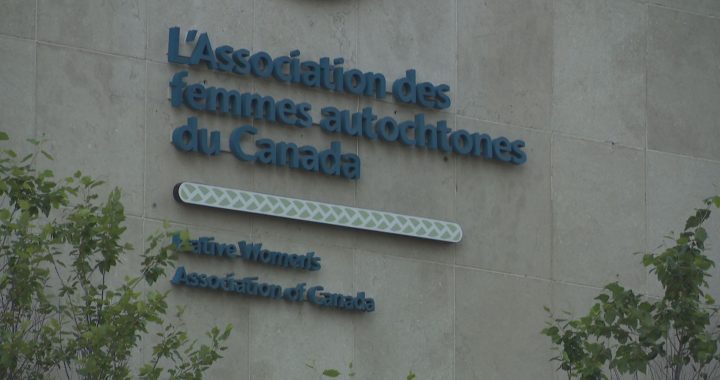
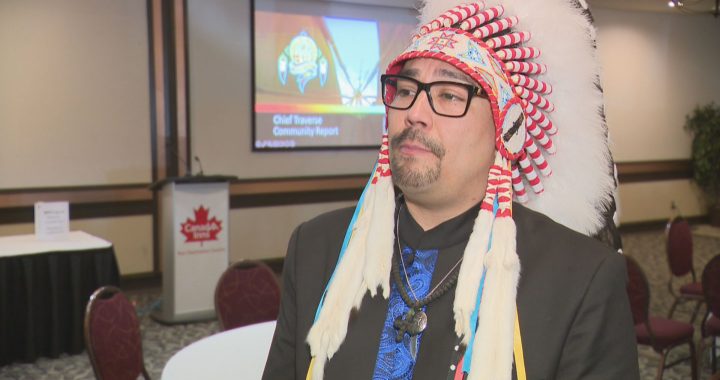
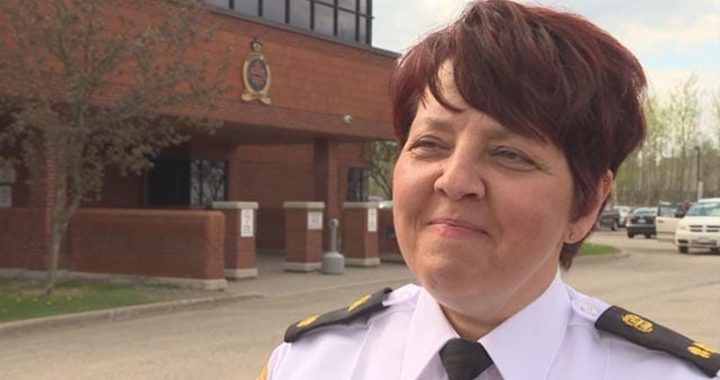
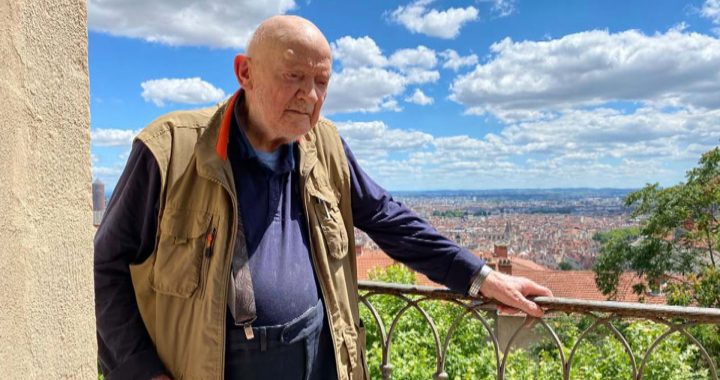
This “Suicide Epidemic” really hits home with me. I am an Anishinabe Kwe from a First Nation located in Ontario as well. January 2017 my 13 year old daughter tried committing suicide, she was previously diagnosed with GAD, SAD and depression. She missed more than 50% of her grade 8 year but managed to graduate. Being from a First Nation with a “Health Centre” located on reserve, they had NO programs available for youth ages 10-16 years. We had to utilize the City’s programs, which I will be forever grateful for, and we are still using their programs today. I really wish that our Leaders would fight for more Program $$, because I don’t see things changing anytime soon.
Bring back the traditional way of life, the teaching of languages and ceremonies, crafts, learning to hunt, having a healing circle a community center that will help and a sweat lodge, let them know their worthy.
I have been thinking about this situation for a long while. I asked my adopted Grandmother a few years what to do about this situation, she said have the chiefs light Sacred Fires in the communities to pray for this, I have shared this with them in this area where I live.
But I really believe that the gifted elders should be included in the healing process, we need to have first nations people involved that know what are people have gone through with & I agree with non- native and work together to make it holistic.